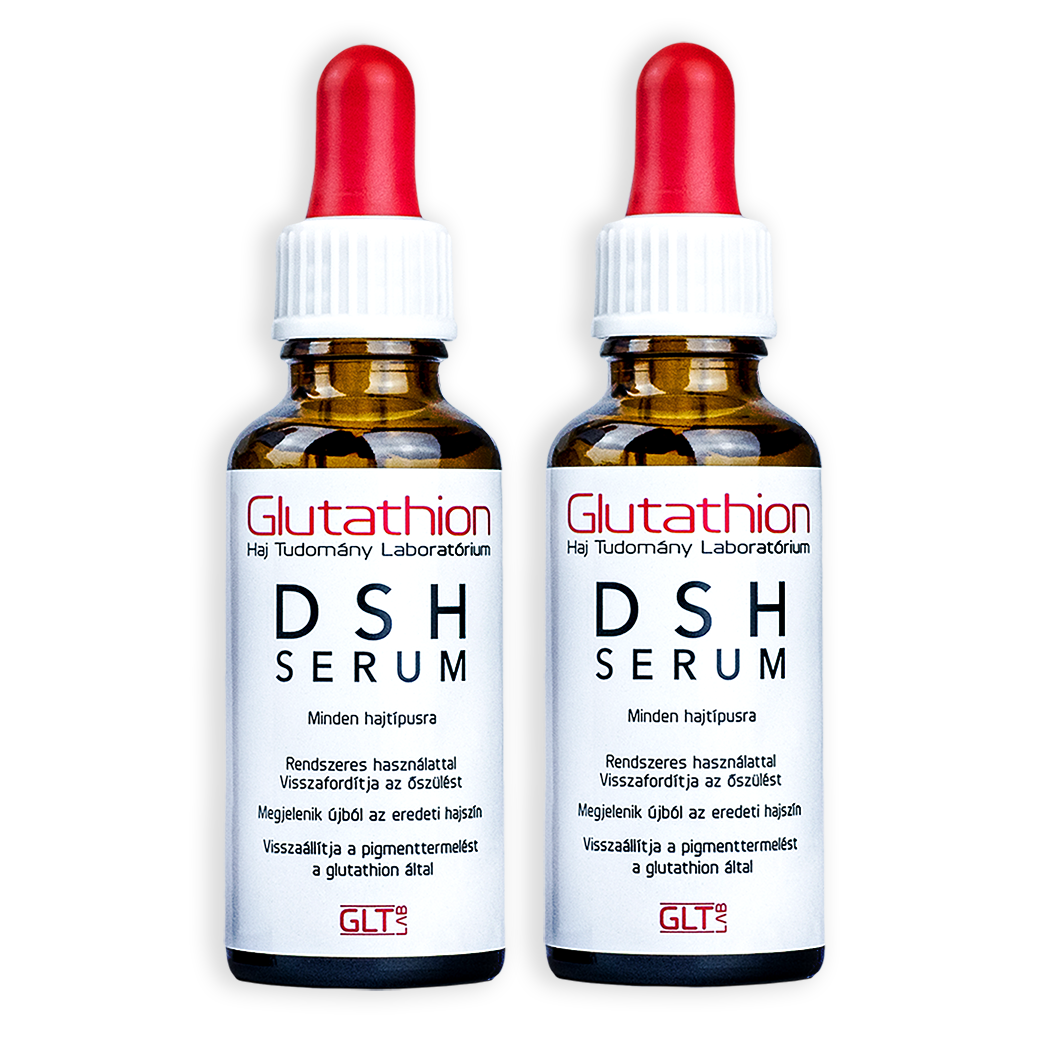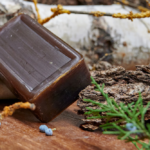What is Glutathione?
Why does Glutathione decrease?
How to Use Glutathione
What are the benefits of Glutathione?
What foods is Glutathione found in?
Glutathione, a powerful antioxidant, is one of the most important molecules. It protect the body from diseases. The benefits of glutathione are countless. Activated glutathione is also called GSH for short. If this molecular substance falls below 70%, it means that the immune system begins to lose its effectiveness. Moreover, it is known that after the age of 20, the production of this substance in the body decreases by 10% every 10 years.
What is Glutathione?
Glutathione is an antioxidant. Cells produce it. It consists largely of three amino acids: Glutamine, glycine, and cysteine. Furthermore, glutathione levels in the body can be reduced by a number of factors including malnutrition, environmental toxins and stress. Their levels also decrease with age. For this reason, it is important that the amount of glutathione increases with age.
Why does Glutathione decrease?
Many different factors can cause a decrease in glutathione in the body.
- Accumulation of toxins in the body
- Advancing age
- Stress
- Extreme sports activities
- One-sided or unhealthy diet
- Tiredness
- Insomnia
- Some chronic ailments
- UV radiation
- X-rays
- Devices emitting electromagnetic frequency
How to Use Glutathione
In addition to being produced naturally by the body, glutathione can be given intravenously, topically, or as an inhalant. It is also available as an oral supplement in capsule and liquid form. However, taking glutathione this way may not be as effective.
What Are the Benefits of Glutathione?
Here are the benefits of glutathione to the body from liver diseases to stress…
Firstly, it reduces oxidative stress
Oxidative stress occurs when there is an imbalance between the production of free radicals and the body’s ability to fight them. Very high levels of oxidative stress may be a precursor to more than one disease. These include diabetes, cancer, and rheumatoid arthritis. Furthermore, glutathione helps counteract the effect of oxidative stress, which in turn can reduce disease.
Secondly, it reduces cell damage in liver disease
Cell death in the liver may drive wild by a lack of antioxidants, including glutathione. This can lead to fatty liver disease in both alcohol abusers and non-smokers. Moreover, glutathione improves protein, enzyme and bilirubin levels in the blood of individuals with chronic fatty liver disease.
Thirdly, it increases insulin resistance in elderly individuals
As people age, they produce less glutathione. Researchers have used a combination of animal and human studies to explore the role of glutathione in weight management and insulin resistance in older individuals. The study findings showed that lower glutathione levels mean less fat burning and higher rates of fat storage in the body.
Fourthly, it helps relieve leg pain
Glutathione improves circulation and increases people’s ability to walk longer distances without pain.
Fifthly, it reduces symptoms of Parkinson’s disease
Parkinson’s disease affects the central nervous system. There is currently no cure. An older study documented the positive effects of intravenous glutathione on symptoms such as tremors and stiffness. This study report suggests that glutathione may help reduce symptoms and improve quality of life in people with this disease.
Sixthly, it may reduce the effect of uncontrolled diabetes
Long-term high blood sugar means reduced amounts of glutathione. Also, this can lead to oxidative stress and tissue damage. One study found that dietary supplementation with cysteine and glycine increased glutathione levels. It also reduced oxidative stress and damage in people with uncontrolled diabetes despite high sugar levels.
What foods is Glutathione found in?
Glutathione contains sulfur molecules, so foods high in sulfur can help increase its natural production in the body.
Other foods and herbs that help increase glutathione levels naturally include:
- Cruciferous vegetables such as broccoli, cauliflower, Brussels sprouts and bok choy
- Garlic and onion
- Eggs
- Hazelnut
- Legumes
- Lean protein like fish and chicken
- Milk
- Flaxseed












